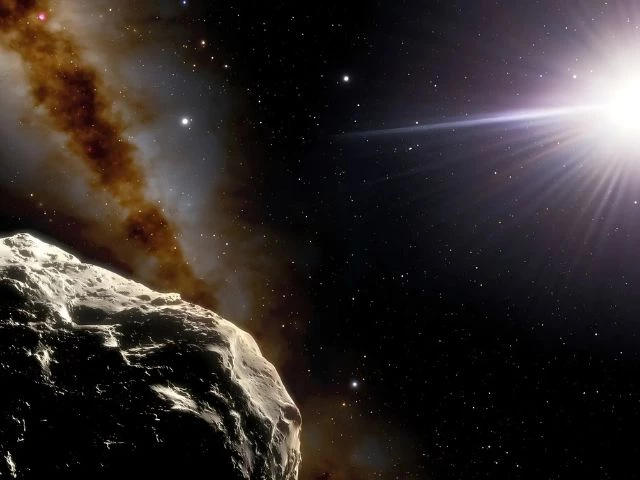Key Points:
- New Insights into Earth’s Early Hydrogen Content
- Recent research suggests early Earth may have had significantly more hydrogen than previously believed, challenging existing theories about the planet’s water origins.
- Scientists analyzed a 4.6-billion-year-old enstatite chondrite meteorite, finding intrinsic hydrogen, not from later contamination.
- Implications for Earth’s Water Formation
- The findings indicate Earth’s building blocks may have contained enough hydrogen and oxygen to form water molecules from the start, rather than relying solely on water-bearing asteroids.
- This challenges the long-held view that Earth was initially dry and only gained water through later asteroid impacts.
- Advanced Research Methodology
- Researchers used XANES spectroscopy, a sophisticated technique requiring a particle accelerator, to detect hydrogen in the meteorite.
- The study, published in Icarus, highlights the complexity of such analyses.
- Debate Over Findings
- Some experts caution that the meteorite may have absorbed hydrogen after landing on Earth, potentially weakening the study’s conclusions.
- The research team acknowledges this possibility but estimates only ~15% of the hydrogen came from Earth’s environment.
- Future Research Directions
- Lead author Tom Barrett plans to study more meteorites to better estimate early Earth’s hydrogen levels.
- Co-author James Bryson emphasizes that Earth’s original composition may have naturally supported water formation, reducing reliance on external sources.
- Scientific Community’s Response
- While some, like Imperial College’s Matt Genge, remain skeptical, others see the findings as a significant step in understanding planetary formation.
The discovery of intrinsic hydrogen in ancient meteorites suggests Earth may have had water-forming elements from its very formation, reshaping theories about the planet’s early conditions. While further research is needed to confirm these findings and address contamination concerns, the study opens new possibilities for understanding Earth’s hydration history. If validated, this could mean that water—and potentially the foundations for life—were present much earlier than previously thought.






